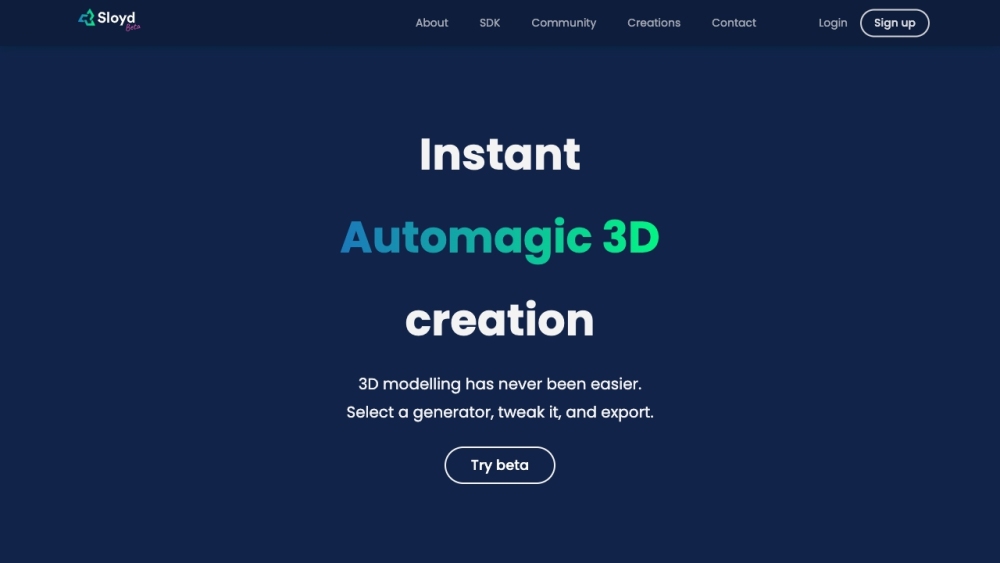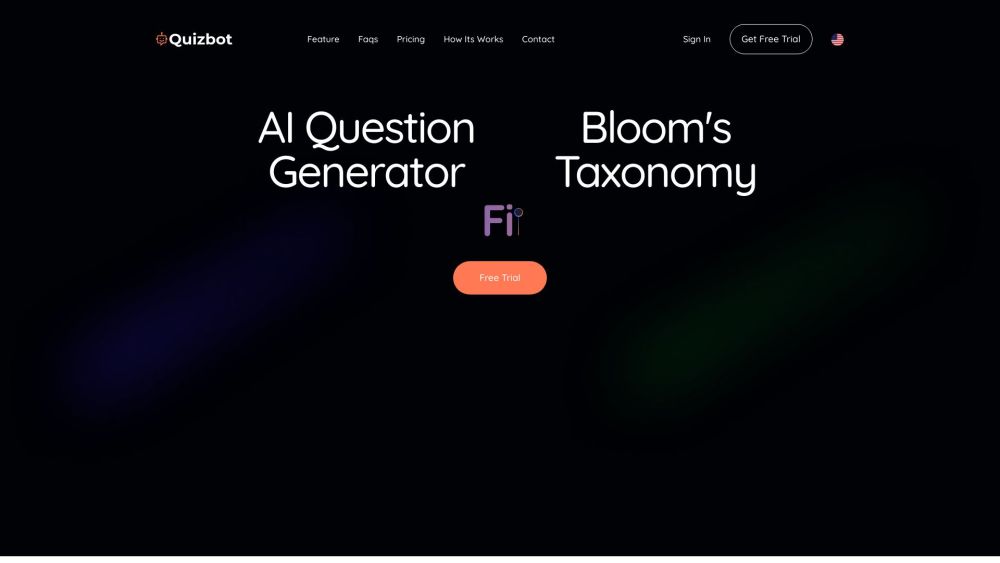A theoretical physicist claims to have made a significant breakthrough in photonics research that could lead to faster and more efficient processors— a crucial advancement for artificial intelligence, quantum computing, and other technology sectors facing heavy workloads. His startup, Ephos, has garnered early support from NATO, European governments, and other strategic investors to develop these advanced chips.
Ephos has successfully raised $8.5 million in seed funding, which will be allocated to establish and operate a new research and development (R&D) and manufacturing facility near Milan, specifically focused on glass-based quantum photonics.
Alongside Ephos, other promising startups are innovating in the photonics space, including Xanadu (valued at $1 billion), Photonic (supported by Microsoft), and Oxford spinout Orca (backed by the U.S. Department of Defense). However, Ephos emphasizes that its facility will be the "world's first dedicated to producing glass-based quantum photonic circuits.”
Andrea Rocchetto, the Italian theoretical physicist and CEO of Ephos, conceptualized the establishment of the company during the peak of the COVID-19 pandemic. Following his studies in Rome, London, and Oxford, he was completing his postdoctoral research at the University of Texas at Austin when the pandemic struck.
“I flew back to Italy and reconnected with the local community and realized there was a vast talent pool that was completely overlooked by major tech trends,” he explained. “There were no startups focusing on quantum technologies.” In 2022, he partnered with three other experts in quantum and computer science—Francesco Ceccarelli, Giacomo Corrielli, and Roberto Osellame—to create Ephos.
Rocchetto views the gap in innovation as both geographical and technological. The current computational infrastructure is under considerable strain, as evidenced by the substantial revenues of companies like Nvidia and the large expenses incurred by foundational AI firms for training and operating models. This issue extends beyond AI; emerging technologies like quantum computing are also straining existing hardware. Rocchetto noted that approximately 9% of the energy produced in the U.S. goes toward running data centers, highlighting the urgent need for enhanced speed and efficiency. “Photonics and quantum computing present solutions to these challenges,” he asserted.
Ephos is leveraging chips that process light—specifically, photons—which represent a highly effective way to transfer data. The company believes that constructing photonics chips from glass fiber optics offers the optimum foundation for minimizing photon loss. “Glass significantly aids in this,” he remarked. “While our competitors use silicon-based chips, transitioning light between different materials can result in losses. By utilizing glass for the entire infrastructure, we can substantially reduce coupling losses between fibers and chips.”
Ephos occupies a unique space at the intersection of deep tech innovation and commercial opportunity. Although its quantum facility is already operational—some funding was raised earlier this year—the first chips are expected to be produced shortly, with full operational capacity anticipated by year-end, according to Rocchetto.
Initial interest has come from quantum computing startups, but Rocchetto mentioned the growing interest from "hyperscalers"—large tech companies that build their own data centers—as well as the firms that develop data centers for them. The identity of the investors provides intriguing hints about potential hyperscaler partners.
Leading the funding round is Starlight Ventures, along with Collaborative Fund, Exor Ventures, 2100 Ventures, and Unruly Capital. Notable angel investors include Simone Severini (General Manager for Quantum Technologies at Amazon Web Services), Diego Piacentini (former Senior VP at Amazon), and Joe Zadeh (ex-VP of Airbnb). Additionally, Ephos is receiving support from the European Innovation Council (EIC) and NATO's Defence Innovation Accelerator (DIANA).
Ephos's positioning in Europe is noteworthy. There is an increasing global momentum for regions to strengthen their infrastructure across various sectors, particularly given geopolitical and macroeconomic challenges—collectively known as “resilience.” Ephos's alignment with the European Innovation Council and NATO underscores this trend.
While Ephos identifies its primary opportunity in computing advancement, Rocchetto stated, “We are keen on fostering transatlantic connections. We recognize that the defense sector has historically been an early adopter of new computational technologies, and we are attentive to developments in this area.”




